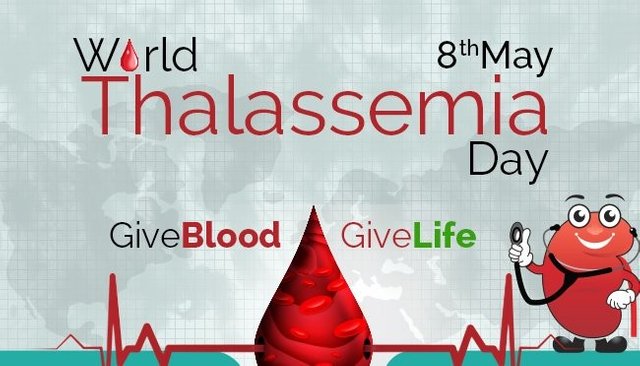
Welcome to Rotary Club of Lahore Royals
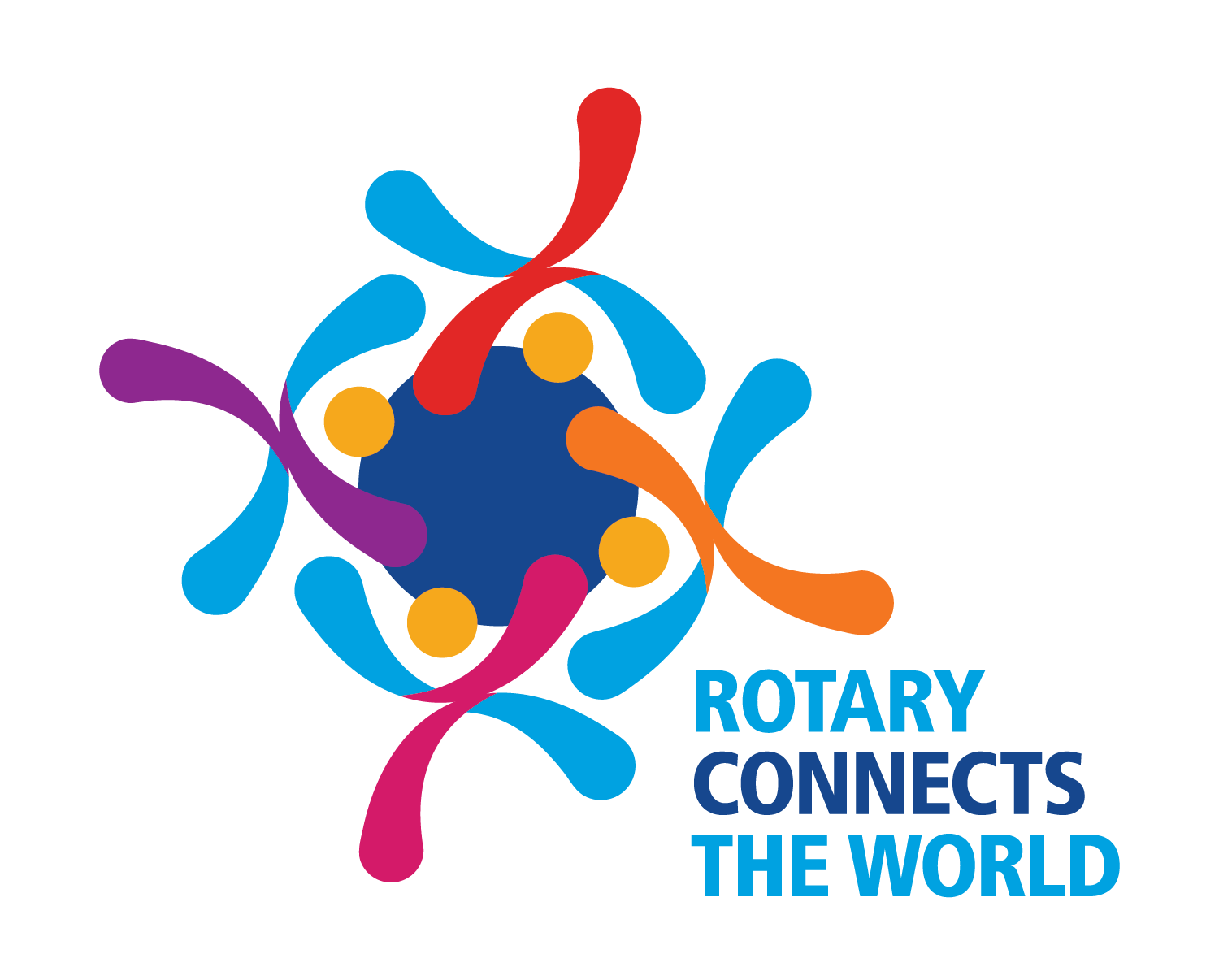
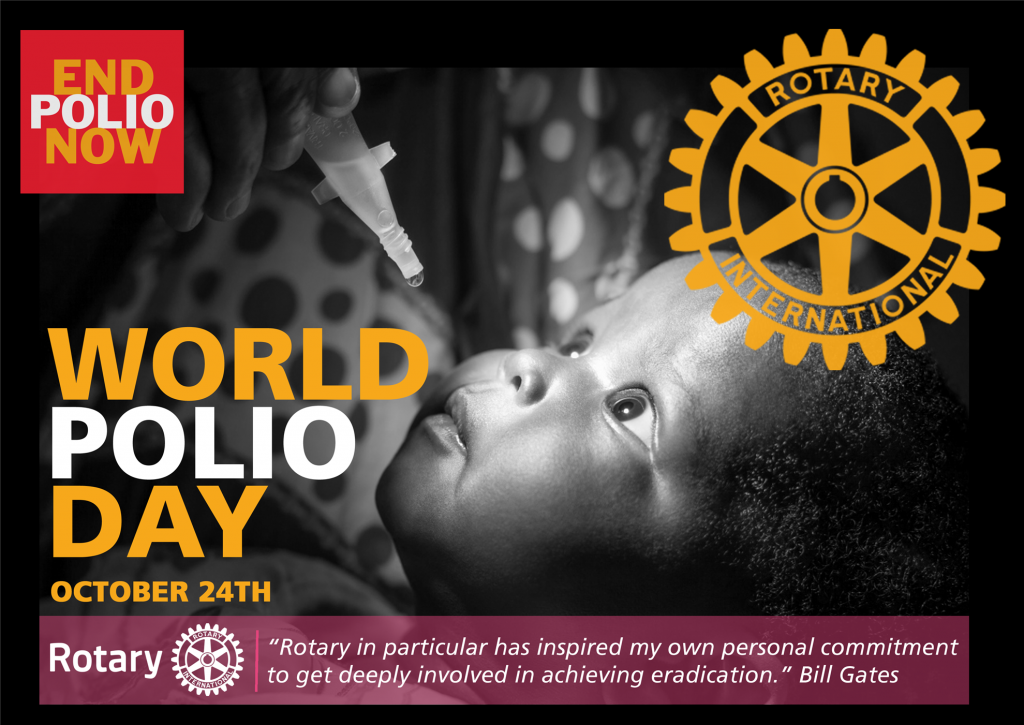
Pakistan is one of only 2 remaining countries in the world with ongoing wild poliovirus transmission, along with Afghanistan. WHO, with UNICEF and other key partners of the Global Polio Eradication Initiative, supports the Government of Pakistan in polio eradication efforts to ensure that Pakistan achieves polio-free status.
Pakistan has come a long way in its struggle to eradicate polio. In the early 1990s, the annual incidence of polio was estimated at more than 20 000 cases a year. Since its initiation in 1994, the national polio eradication programme has made major strides in reaching children with immunization in all parts of the country. The current polio epidemiology remains promising. The number of cases has declined from 306 in 2014 to 54 in 2015, 20 in 2016, 8 in 2017, and 12 in 2018. So far in 2019, twenty four cases have been reported including one from Bajour, one from Khyber, one from Miran Shah, three from Miran Ali, eight from Bannu, one from Hangu, one from DI Khan and one from shangla districts of Khyber Pakhtunkhwa, one from DI Khan, two from Karachi and one from Larkana districts in Sindh province, and 3 from Lahore district in Punjab province.
The Rotary Club of Lahore Royals regularly brings together a large and diverse group of civic, business, and professional leaders with an interest in service, networking and fellowship. Through the commitment and work of our 20 members, the Rotary Club of Lahore Royals has started history of creating widespread, meaningful impact in the our community.
Whether you're a local community member, business leader, civic leader, or just someone who enjoys eating food and having fun while making a positive impact locally, we might be the perfect fit for you! Come join us at one of our weekly meetings. We meet every week at different locations in Lahore.
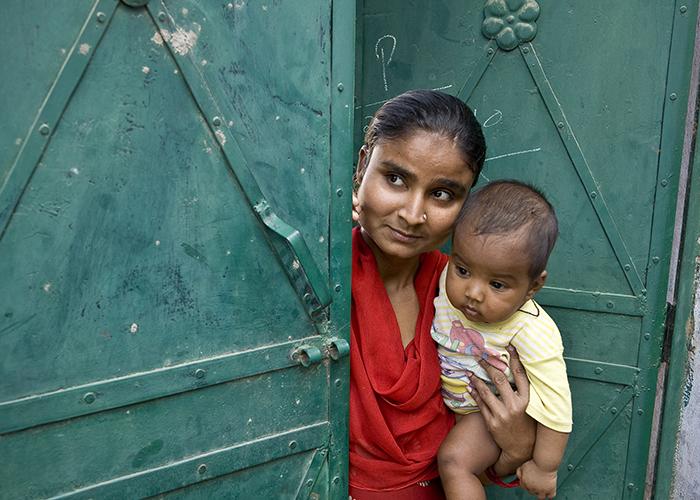
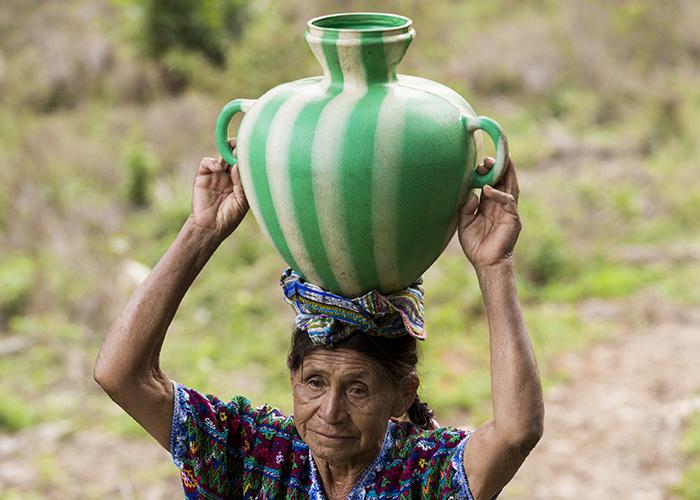
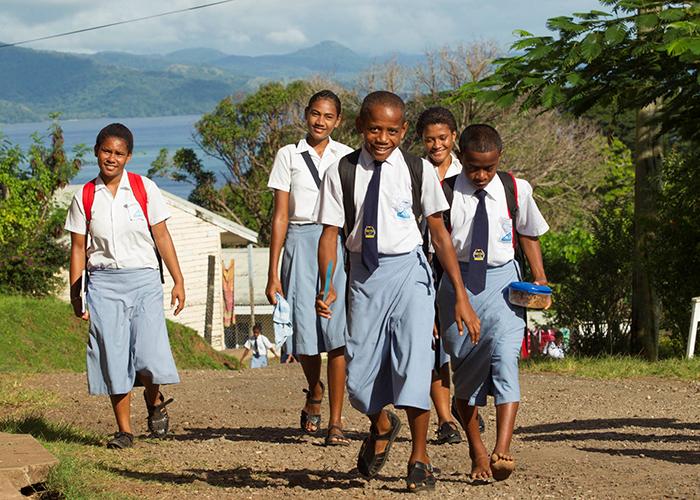
Thalassemias are inherited blood disorders characterized by abnormal hemoglobin production. Symptoms depend on the type and can vary from none to severe. Often there is mild to severe anemia (low red blood cells). Anemia can result in feeling tired and pale skin. There may also be bone problems, an enlarged spleen, yellowish skin, and dark urine. Slow growth may occur in children.
Thalassemias are genetic disorders inherited from a person's parents. There are two main types, alpha thalassemia and beta thalassemia. The severity of alpha and beta thalassemia depends on how many of the four genes for alpha globin or two genes for beta globin are missing. Diagnosis is typically by blood tests including a complete blood count, special hemoglobin tests, and genetic tests. Diagnosis may occur before birth through prenatal testing.
Treatment depends on the type and severity. Treatment for those with more severe disease often includes regular blood transfusions, iron chelation, and folic acid. Iron chelation may be done with deferoxamine or deferasirox. Occasionally, a bone marrow transplant may be an option. Complications may include iron overload from the transfusions with resulting heart or liver disease, infections, and osteoporosis. If the spleen becomes overly enlarged, surgical removal may be required.
As of 2013, thalassemia occurs in about 280 million people, with about 439,000 having severe disease. It is most common among people of Italian, Greek, Middle Eastern, South Asian, and African descent. Males and females have similar rates of disease. It resulted in 16,800 deaths in 2015, down from 36,000 deaths in 1990. Those who have minor degrees of thalassemia, similar to those with sickle-cell trait, have some protection against malaria, explaining why they are more common in regions of the world where malaria exists.
Source Wikipedia
